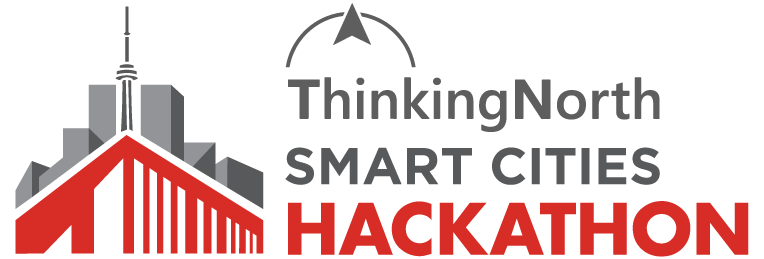SMART MENTAL HEALTH SOLUTIONS
Description
Mental health is a crucial aspect of our well-being, and it is essential to maintain it in the hubbub of the urban lifestyle, and smart cities are no exception. We know of people who are facing issues like addictions, gambling problems, stress, trauma, anxiety, and depression. But they are either not aware or don’t have any leads on how to get help.
Stress and Anxiety
People living in cities face constant turmoil because of high-pressure jobs, and long commutes, and they are constantly under stress without being aware. High levels of competition and hustle culture can majorly contribute to anxiety in individuals.
Loneliness
Despite being surrounded by people, individuals in urban areas can feel isolated and lonely due to a lack of social support, high levels of anonymity, and a transient lifestyle.
Depression
Despite being surrounded by people, individuals in urban areas can feel isolated and lonely due to a lack of social support, high levels of anonymity, and a transient lifestyle.
Self-Worth decrepitation
After endlessly scrolling on social media, individuals have a hard time breaking this habit and accepting reality. They feel like everyone else is having a better time than them and therefore are unsatisfied with their life, while not being able to do anything about their own situation.
Addiction
Cities can be hubs for substance abuse and gambling, and the pressure to conform to social norms associated with excessive drinking or drug use.
Lack of access to nature
Urban areas are often characterized by concrete jungles, with limited access to green spaces or natural environments, which can contribute to poor mental health outcomes.
Accessibility
Accessibility to mental health services can be challenging for many individuals due to financial constraints, lack of availability, stigma and cultural barriers.
Stigma
Mental health issues can be sometimes viewed as taboo or shameful, which can make it difficult for individuals to seek help or even acknowledge their own struggles.
Participants are invited to develop innovative solutions to help people and improve mental health in urban environments. The challenge set for participants is to develop a technology-based solution to support mental health awareness, treatment, and prevention in smart cities.
Possible Solutions
The solution that participants come up with could address issues such as accessibility, affordability, and stigma associated with mental health services. It can be aimed at individuals, mental health professionals, or organizations working in the mental health field. The judges, including mental health experts, will evaluate the solutions based on their impact, innovation, feasibility, and user experience.
Participants can leverage technologies such as artificial intelligence, virtual reality, mobile applications, and wearables to create their solutions. Here are a few possible solutions, but participants can come up with solutions of their own too.
AI-Powered Chatbots
Chatbots powered by AI can provide mental health support and counseling to people in need. These chatbots can be integrated into existing mental health platforms or standalone applications.
VR Therapy
Virtual reality technology can be used to create immersive therapy sessions that can help individuals cope with mental health issues such as anxiety and depression.
Gaming Apps
Gaming apps can be designed to provide cognitive behavioral therapy and other mental health interventions.
Digital Communities
Participants can create online support communities where troubled individuals can share their experiences, find support, and access resources to improve their mental health.
Personalized Applications
Participants can create personalized mental health apps that use machine learning algorithms to provide personalized recommendations based on an individual's mental health history, behavior, and preferences.
Pattern Tracking
Participants can develop mobile apps that can track and sense individuals' social and physical functioning, acting as an early warning system to detect changes in mental well-being and provide personalized recommendations to improve mental health.
Teletherapy Platforms
Participants can create teletherapy platforms that connect individuals with mental health professionals, providing a convenient and accessible way to access mental health services.
